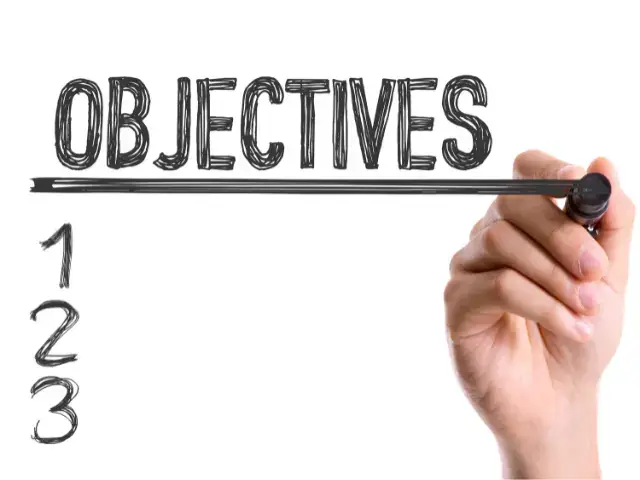
When a prospective client comes to me, it’s usually because revenue growth has stalled or is declining. One of the questions I always ask is if they have a written plan outlining their business goals and objectives for the next 1-3 years. And the answer almost 99% of the time is, “No.”
I used to be surprised by this fact, but I no longer am.
Because even though almost everyone will agree that having a plan is a good thing, most leaders I work with are terrified to take time away from the day-to-day running of their business to focus on planning. It is the classic case of being too busy working “IN” the business to work “ON” the business.
We're all too busy working “IN” the business to work “ON” the business.
But if there is anything my experience working with countless businesses has taught me is that not having a plan that prioritizes the business’s most important objectives is a dangerous mistake that can put your company at a high risk of failing.
Because when you are solely focused on what is right in front of you, you could find that your product or service might be in danger of becoming obsolete or overtaken by competitors who are looking to the future and adapting to the rapidly changing landscape. Additionally, if you don’t know what your critical priorities are, you can waste a lot of resources–both time and money–focusing on low-value activities that don’t make a meaningful difference to your business growth.
Strategic Planning is the process by which you identify your company’s most important goals and objectives and the actions you choose to take to achieve them over a specific timeframe.
When I bring this to light, most business leaders will become convinced of the value of planning but are at a loss as to how to do it. They don’t know how to lead the process, what the steps are, etc., They also get intimidated by the term “strategic planning” as it sounds like something that will take a lot of time and be really complex.
But it doesn’t have to be.
To break it down, at the most basic level, Strategic Planning is the process by which you identify your company’s most important goals and objectives and the actions you choose to take to achieve them over a specific timeframe.
When I take clients through this process, we come away with the 3-4 Critical Few Objectives (CFO’s) they will focus on that will make the biggest impact on their buxsiness growth. We create an action plan and align resources here.
It gives me such a tremendous sense of joy and accomplishment when I see the look of confusion and pain in a client’s eyes replaced by the relief that comes with the clarity of knowing exactly what to focus on AND how to achieve it.
